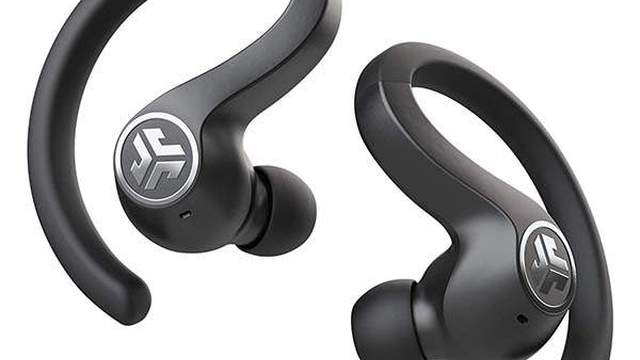Heart Rate Monitor - Do you need one in order to improve?
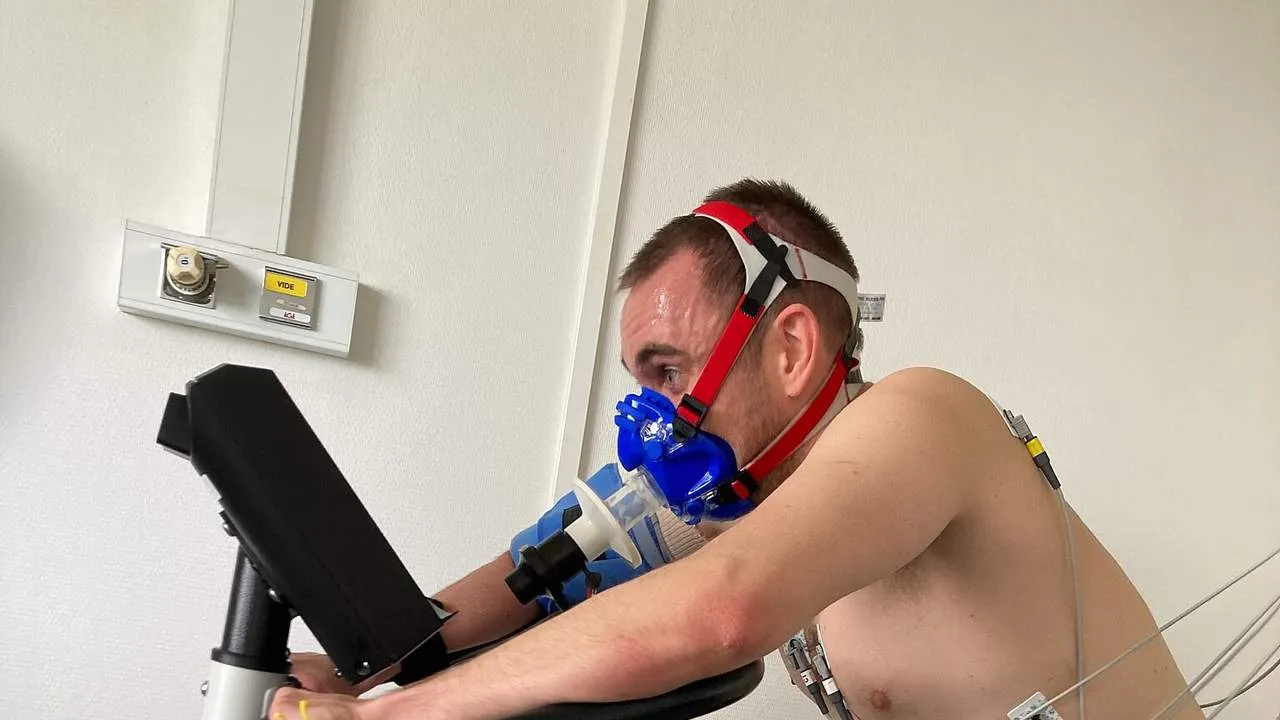
Running is one of the most effective and accessible forms of exercise. Whether you’re training for a marathon, working on your speed, or simply aiming to improve your fitness, understanding your body’s response to exercise is key. This is where heart rate monitors (HRMs) come into play. These devices help runners train smarter, avoid overtraining, and achieve their goals more efficiently by tracking the body’s most important performance metric—the heart rate.
In this article, we’ll explore why heart rate monitors are such a valuable tool for runners, and we’ll review some of the most popular heart rate monitors on the market, examining their pros and cons.
Why Use a Heart Rate Monitor?
Heart rate monitors measure your heart rate in real time, giving you insight into how hard your body is working during a run. This information allows you to train in specific heart rate zones tailored to your goals, whether that’s building endurance, improving speed, or burning fat.
Here are a few key reasons why using a heart rate monitor can elevate your running experience:
- Prevents overtraining: By monitoring your heart rate, you can avoid pushing too hard on recovery days, reducing your risk of injury and burnout.
- Optimizes training: Running in specific heart rate zones can improve endurance and performance by ensuring you’re working at the right intensity.
- Tracks progress: Monitoring changes in your heart rate over time can show improvements in fitness and help you adjust your training plan.
- Personalized insights: Unlike pace or distance, heart rate provides direct feedback about your body’s effort and condition on any given day.
Types of Heart Rate Monitors
There are two main types of heart rate monitors:
- Chest strap monitors: Known for their high accuracy, these devices use electrodes to measure heartbeats directly from your chest.
- Wrist-based monitors: Built into fitness watches, these use optical sensors on the wrist. While convenient, they can be slightly less accurate, especially during intense workouts.
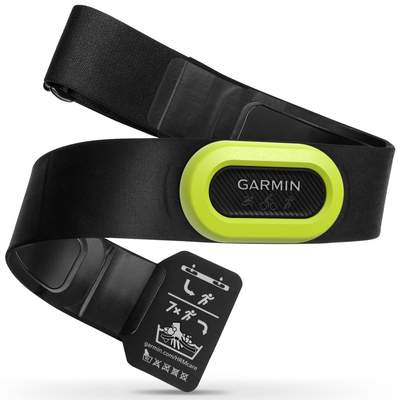
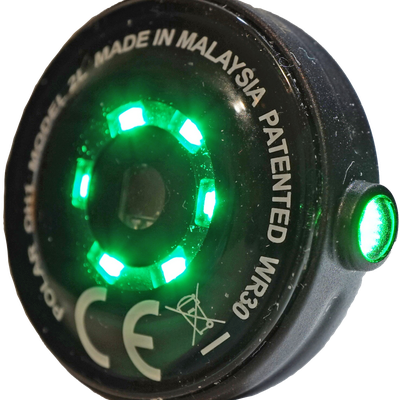
Popular Heart Rate Monitors for Runners
Let’s take a look at some of the top heart rate monitors and running watches available today, along with their pros and cons.
1. Garmin Forerunner 265
Garmin has long been a favorite among runners, and the Forerunner 265 continues to impress. It’s a GPS running watch with a built-in wrist heart rate monitor that tracks your metrics with great accuracy.
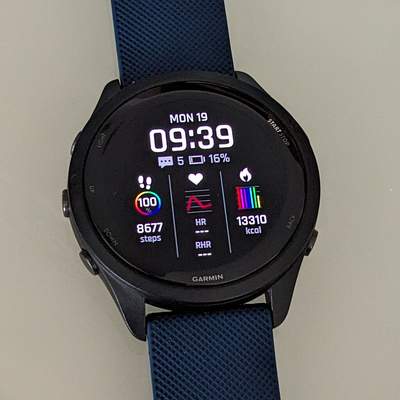
- Pros:
- Accurate heart rate readings for a wrist-based device.
- Advanced running metrics such as VO2 max, cadence, and recovery time.
- Excellent battery life (up to 13 days in smartwatch mode).
- Bright AMOLED display with customizable data screens.
- Cons:
- Slightly expensive compared to entry-level models.
- Wrist-based heart rate readings can still lag during high-intensity sprints.
2. Polar H10 Chest Strap
The Polar H10 is widely regarded as one of the most accurate heart rate monitors available. Instead of using optical sensors, this chest strap detects electrical signals from the heart, providing near-lab-grade accuracy.
- Pros:
- Exceptionally accurate readings, ideal for serious runners.
- Comfortable strap design with silicone dots for stability.
- Bluetooth and ANT+ connectivity for compatibility with most devices and apps.
- Long battery life (up to 400 hours).
- Cons:
- Requires wearing a chest strap, which some find uncomfortable.
- No built-in GPS or display—data must be viewed on a connected device.
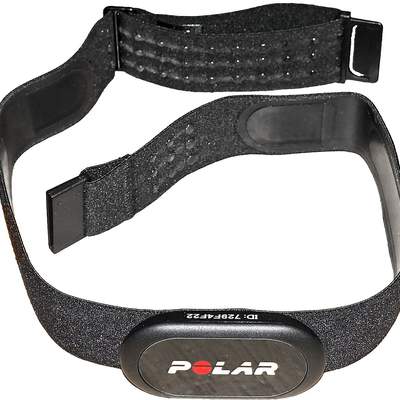
3. Apple Watch Series 9
The Apple Watch Series 9 is more than just a smartwatch; it’s a powerful fitness companion. With an optical heart rate monitor and robust fitness tracking, it’s a great choice for casual to intermediate runners.
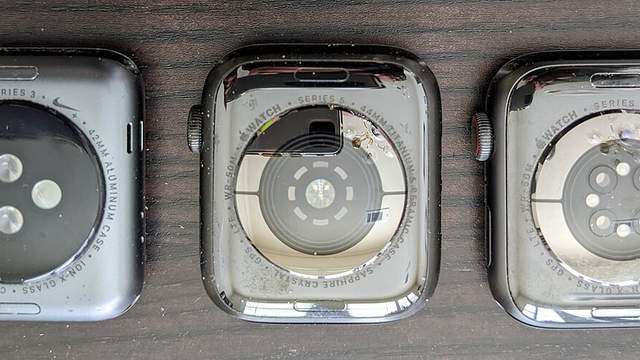
- Pros:
- Seamless integration with Apple Health and third-party fitness apps.
- Bright display with detailed running metrics and GPS.
- ECG and blood oxygen sensors for advanced health monitoring.
- Can double as a lifestyle smartwatch with notifications and music control.
- Cons:
- Wrist-based heart rate readings are not as accurate during fast intervals.
- Battery life is shorter (1–2 days) compared to dedicated running watches.
- Higher price point for non-runners who just need heart rate tracking.
4. Wahoo TICKR X
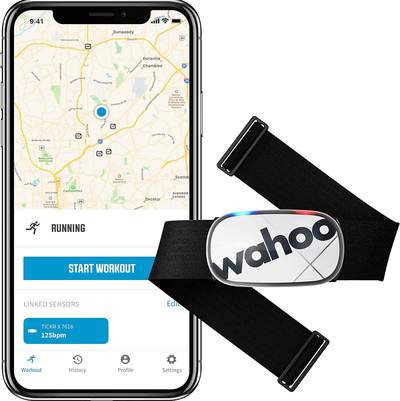
The Wahoo TICKR X is a versatile chest strap that appeals to runners who value both accuracy and connectivity. It’s known for its lightweight design and ability to store workout data.
- Pros:
- Reliable and accurate heart rate data.
- Built-in memory for tracking workouts without a phone.
- Compatible with popular apps like Zwift, Strava, and TrainingPeaks.
- Lightweight and comfortable fit.
- Cons:
- No display—requires pairing with another device to view metrics.
- Battery replacement needed every few months (coin-cell battery).
5. Coros Pace 3
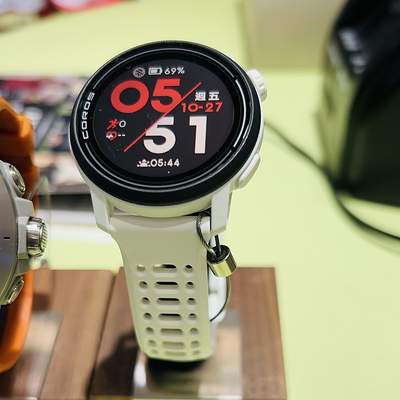
Coros is a newer player in the running watch market, but the Pace 3 has gained a loyal following for its accuracy and long battery life. It’s equipped with both GPS and wrist-based heart rate monitoring.
- Pros:
- Excellent battery life (up to 24 days in regular use).
- Accurate GPS tracking and heart rate monitoring.
- Lightweight and comfortable to wear on long runs.
- Great value for the features offered, compared to competitors.
- Cons:
- Wrist-based readings may be inconsistent during interval training.
- Interface and companion app are less polished compared to Garmin or Apple.
How to Choose the Right Heart Rate Monitor

When choosing a heart rate monitor, consider what type of runner you are and what features matter most. Do you prefer convenience and all-in-one functionality? A running watch like the Garmin Forerunner 265 or Apple Watch may suit you best. Or do you prioritize absolute accuracy? In that case, a chest strap like the Polar H10 or Wahoo TICKR X is your go-to option.
Other factors to consider include:
- Battery life and charging frequency.
- Compatibility with your smartphone or running apps.
- Additional metrics (VO2 max, cadence, recovery time).
- Your budget.
Conclusion
Heart rate monitors are a powerful tool for any runner looking to train smarter and achieve better results. By offering real-time insights into your body’s effort, they allow for more personalized and efficient workouts. Whether you opt for a high-tech running watch or a reliable chest strap, the investment pays off in the form of improved performance, reduced risk of injury, and a deeper understanding of your fitness.
Brands like Garmin, Polar, Apple, Wahoo, and Coros each bring something unique to the table. From cutting-edge smartwatches to ultra-accurate chest straps, there’s a heart rate monitor for every type of runner. With the right choice, you’ll gain a trusted companion to guide you through every mile.
